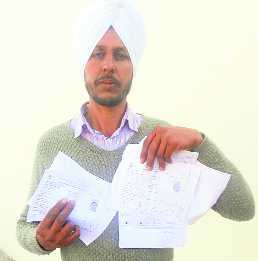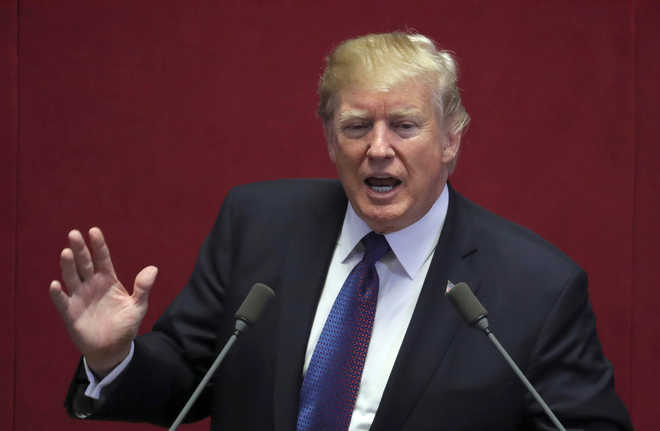
US President Donald Trump. Reuters file
Washington, January 7
China shares some of the concerns of the US, about the terrorism problem in Pakistan and Washington is seeking to work with Beijing and other regional players to convince Islamabad, about the need to crack down on terror safe havens, a senior White House official has said.
(Follow The Tribune on Facebook; and Twitter @thetribunechd)
As the Trump Administration is determined to eliminate terrorist safe havens in Pakistan, which is key to bring stability in Afghanistan and in the region, the official hoped that China will play a helpful role in convincing Pakistan that it is in its own national interest to crack down on these sanctuaries.
Pakistan already has deep historical ties going back to many years and they have close military ties, the official said, adding that the economic relationship is also growing with the China-Pakistan Economic Corridor.
“But, China shares some of the concerns of the US about the terrorism problem. The US is seeking to work with other regional players and China would be one of the main ones to deal with this issue. It won’t serve China’s interests to have terrorist sanctuaries in Pakistan,” the senior administration official said on condition of anonymity.
The official was quick to point out that China has been playing a more helpful role in terms of encouraging better relations between Afghanistan and Pakistan.
It is taking a more active role in that regard.
“So, I would disagree with the assertion that China will not play a helpful role in convincing Pakistan it’s in its own interests to crack down on the sanctuaries,” the official told a group of reporters on Friday.
“Ultimately, China is also working toward a stable Afghanistan. That’s going to take them back to the same issue which are the sanctuaries in Pakistan,” the official said.
China-Pakistan relationship is already very strong and appeared unconcerned over reports that the US decision to freeze approximately USD 2 billion in security assistance to Pakistan would push Islamabad towards Beijing, the official added.
“That relationship is already very, very strong. But what we have seen is an interest by Pakistan in having a strong relationship with both the US and China. So that’s one issue.
“And the second issue is that China is also concerned about terrorism and extremism in South Asia,” the official said.
Noting that China has taken a more active role in trying to help stabilise Afghanistan, trying to improve relations between Afghanistan and Pakistan, the official said the US believe that the Chinese are also interested in stability in Pakistan and also for the China Pakistan Economic Corridor.
“Ultimately, if they want to see stability in the region, and I think they do, they also will have an interest in seeing Pakistan crackdown on the Haqqani and Taliban network,” the senior administration official said. PTI








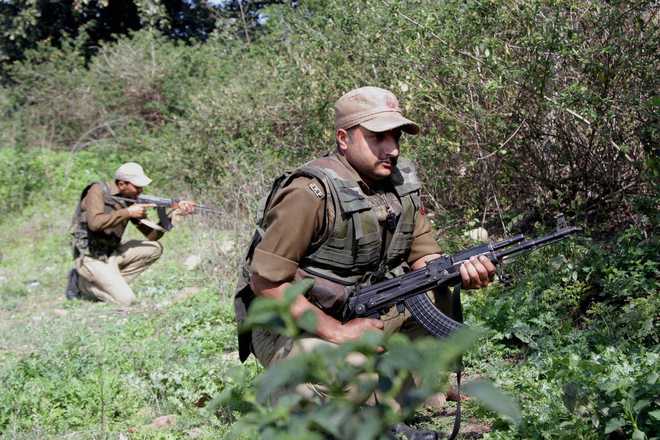

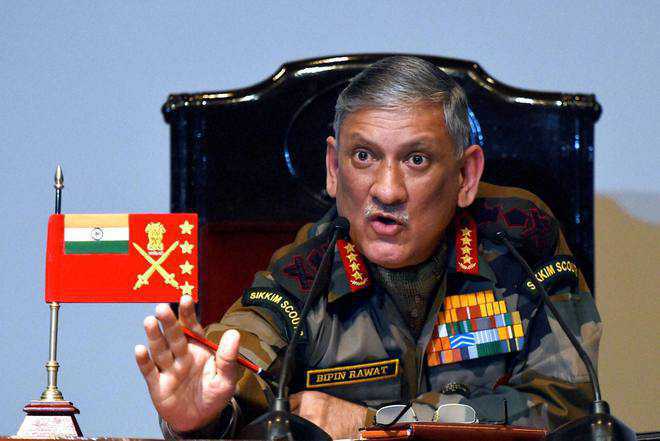
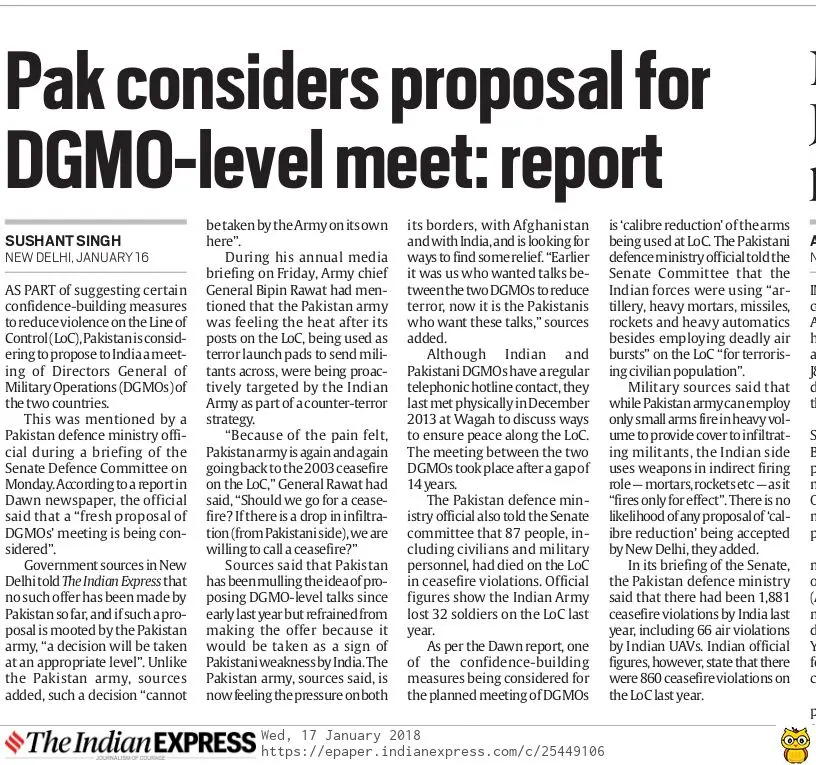
 PTI
PTI




